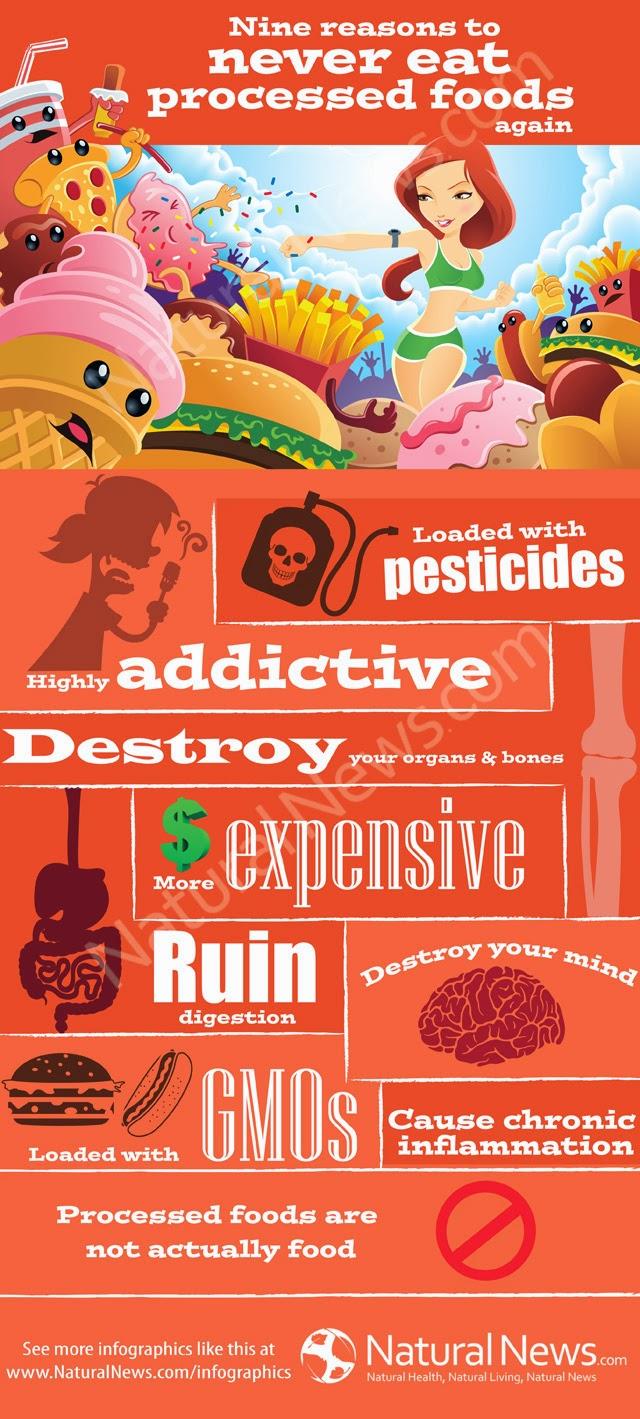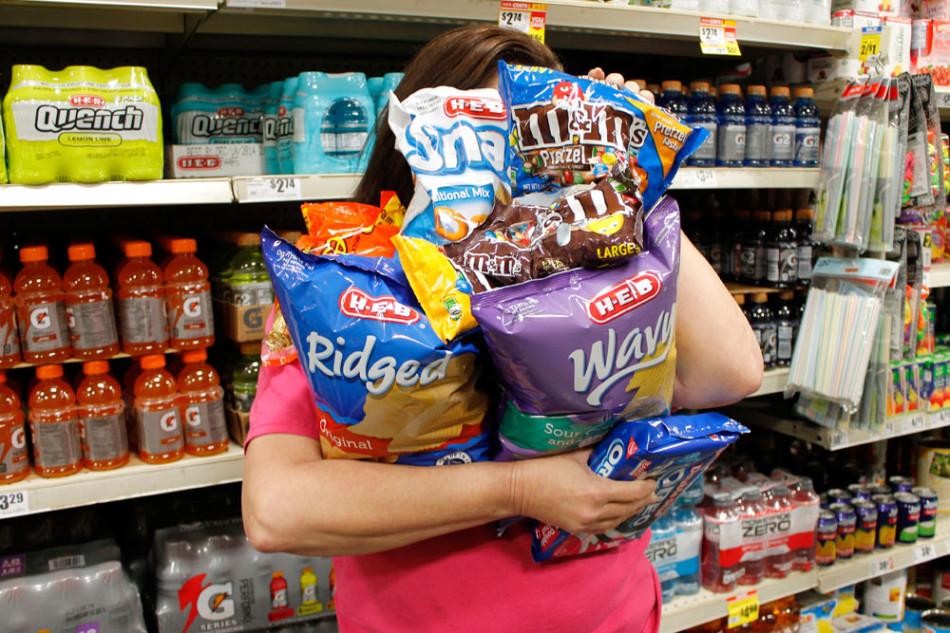For the love of food
Five foods addictive as drugs
Leighton Schwille / Legacy Media
According to Food Addicts Anonymous, food addiction manifests itself in the uncontrollable craving for excess food that follows the ingestion of refined carbohydrates, primarily sugar and flour substances that are quickly metabolized and turned into sugar in the bloodstream.
Thousands of people fall victim to addictive drugs such as cocaine and heroin each year, however there are millions of people who unknowingly fall prey to an equally powerful addiction to food. According to a ranking made by the Indian Country Today Media Network, the top five most addictive foods (from least to most addictive) are bread and pasta, salty snacks, fatty foods, chocolate and sugar.
According to Ashley Gearhardt, co-founder of Yale University’s Food Addiction Scale that measures processed food addiction in the same category as drug abuse, this addiction stems from the unhealthy amounts of fats, salt, and sugar in today’s processed foods.
“Our bodies have not evolved to handle this over-stimulating trifecta,” Gearhardt said to Prevention Magazine.
Sophomore Justin Varias noticed a decrease in energy levels due to unhealthy eating habits in classmates and those around him.
“Eating unhealthily has definitely been making everyone more tired and lazy, especially during school,” he said. “Overall, it’s not really helping us and is slowing our generation down as people are getting used to eating junk food all the time.”
 Research done on rats in 2010, revealed that excess amounts of unhealthy and processed foods, like candy and fast food, released the neurotransmitter dopamine, the “happy hormone,” which controls the brain’s reward and pleasure centers. These spikes in dopamine levels due to indulgence of unhealthy food mimic those of drug addiction.
Research done on rats in 2010, revealed that excess amounts of unhealthy and processed foods, like candy and fast food, released the neurotransmitter dopamine, the “happy hormone,” which controls the brain’s reward and pleasure centers. These spikes in dopamine levels due to indulgence of unhealthy food mimic those of drug addiction.
“Women tend to restrict and then binge,” Gearhardt said. “That seems to sensitize the brain’s developing an addictive process and for [women] to have a psychologically unhealthy relationship with the substance.”
In an effort to fight her cravings, senior Maria Lopez uses tactics such as moderation and substitution.
“When I want to have something sweet, but I don’t want to have an unhealthy dessert, I’ll have chocolate covered almonds,” she said. “I don’t feel as bad as if I was to eat a chocolate bar, but it still satisfies my cravings. I also try to eat celery sticks or an apple for snacks because they’re still quick and easy but not overly processed like fast food.”
According to Fooducate, food processing was initially industrialized in order to extend the shelf life of foods only available certain times of the year. The further food is processed from its natural form, the less vitamins, minerals and fibers remain. Senior Joseph Villanueva believes that a society filled with processed foods deteriorates overall health.
“We’re the second most obese country in the world, second to Mexico,” he said. “Even though we grow more organic food here, we rely on over-processed foods that affect the health of our country. Ultimately, eating healthier foods that are unprocessed or organic will prolong lives and help us as we age. Hopefully we can get over the processed food age and promote healthier living in the country.”








